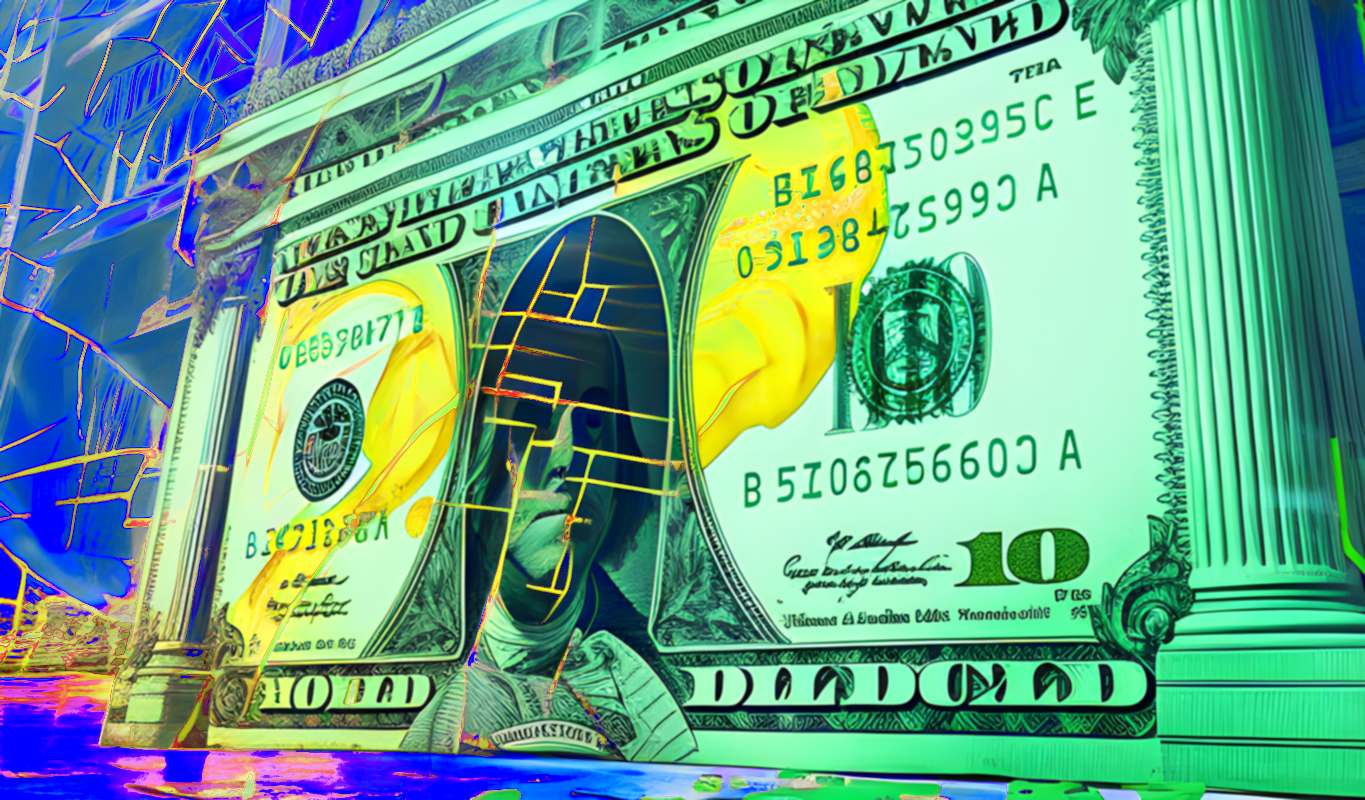Two JPMorgan Chase customers say the bank’s fraud prevention systems are woefully inadequate after $137,000 was drained from their account in a matter of seconds.
Scott and Kate Zoll of Golden, Colorado say it all started with a text that appeared to be from Chase asking if the couple initiated a $4,500 wire transfer, reports the Fox-affiliated news station KDVR.
Scott immediately called his local Chase branch, which gave him the number to the company’s fraud department.
And after replying to the text with “N,” he immediately received a phone call from the exact number that Chase had just given him.
But the call was from scammers who somehow knew the Zolls’ business account’s bank number and just needed a one-time pin (OTP) code from Scott’s phone. Once he gave it to them, the account was drained.
Now, the couple wants to know why Chase is often quick to flag small debit card transactions as suspicious, but turns a blind eye when an entire bank account is emptied in a series of wire transfers to “random banks” in other countries.
“There weren’t red flags that went off saying like, ‘Wow, these people’s personal account is being fully drained, and we’re sending three-fifths of the money from this company to these random banks…
You go to Mexico and Chase knows you don’t live in Mexico and flags you (when you use your debit card). But they can’t tell you, when you’re wiring money to Guam, that that sounds suspicious?”
The Federal Deposit Insurance Corporation (FDIC) can cover losses of up to $250,000, but only if there’s a bank failure, which most phishing scams don’t qualify as since they require “authorization” from the account holder.
After weeks of frustrating back and forth with Chase, Kate told Fox31 that they would be receiving some of the money back, but not all.
“Just wake up and start all over again to try to accept that all our money is gone, and I’m not hopeful at this point in the journey that we’re going to see any of it again.”
Chase released the following statement on the incident:
“These types of scams are heartbreaking. Beware of new contacts asking you for codes, access to your device, or to send them, yourself, or anyone else money to prevent fraud. Chase, other banks, law enforcement, and technology companies won’t ask you to do this, but scammers will. Like cash, wires are final payments and are rarely successfully recalled, once sent.”
Don’t Miss a Beat – Subscribe to get email alerts delivered directly to your inbox
Check Price Action
Follow us on Twitter, Facebook and Telegram
Surf The Daily Hodl Mix
 
Disclaimer: Opinions expressed at The Daily Hodl are not investment advice. Investors should do their due diligence before making any high-risk investments in Bitcoin, cryptocurrency or digital assets. Please be advised that your transfers and trades are at your own risk, and any loses you may incur are your responsibility. The Daily Hodl does not recommend the buying or selling of any cryptocurrencies or digital assets, nor is The Daily Hodl an investment advisor. Please note that The Daily Hodl participates in affiliate marketing.
Generated Image: Midjourney
